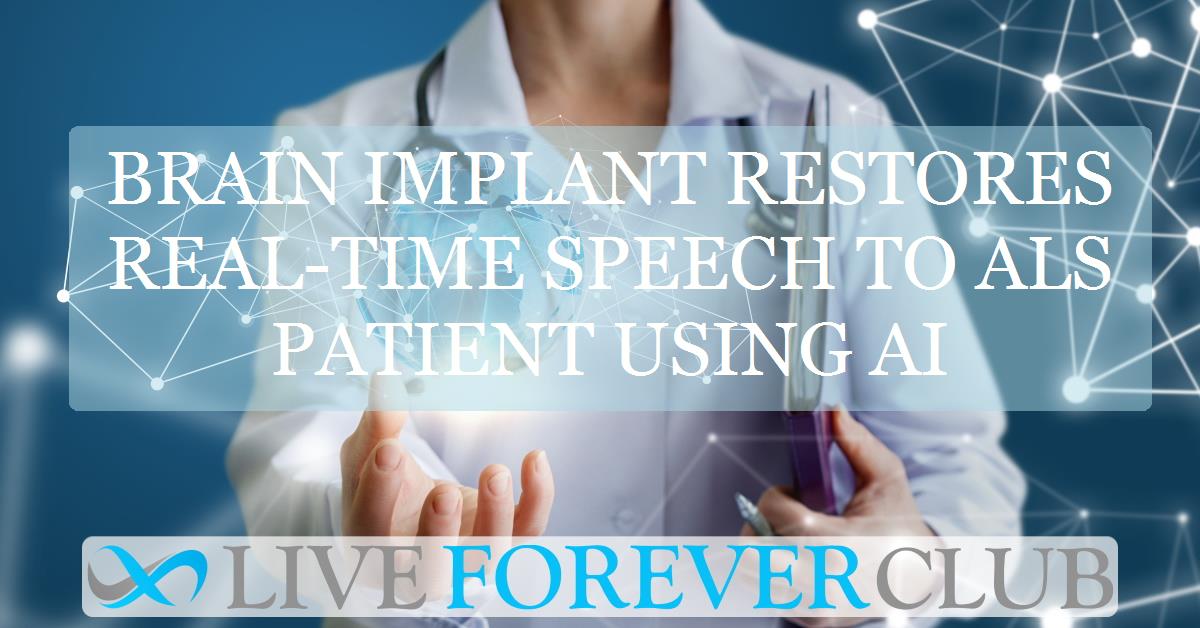Key points from article :
Casey Harrell, a 47-year-old climate activist who lost his speech due to ALS, has regained the ability to “speak” using a cutting-edge brain implant system developed by researchers at UC Davis. This brain-computer interface (BCI), paired with a sophisticated machine learning algorithm, captures Harrell’s brain activity as he attempts to talk and converts it into natural-sounding, synthesized speech almost instantly. Unlike previous technologies that had long delays or limited vocabularies, this new system produces fluid sentences, emotional inflections, and even allows him to sing — with only a 25-millisecond delay.
The key innovation lies in the combination of a high-density electrode array (256 implants in Harrell’s motor cortex) and an algorithm trained to map brain signals to sound waveforms rather than individual words. This lets the system decode speech sounds — even ones it hasn’t seen before — in real time. Harrell can use interjections like “hmm,” create emphasis in sentences, and sing melodies, pushing the boundaries of what was previously thought possible for speech prosthetics.
In comprehension tests, volunteers could understand 60% of Harrell’s speech using the device, compared to just 4% without it. Although another brain-to-text system he uses daily is more accurate, it lacks spontaneity. This new approach enables more natural back-and-forth conversations and has the potential to support multiple languages and accents, making it more adaptable across cultures and conditions.
Looking ahead, a new clinical trial will test versions of this implant in people affected by other speech-impairing conditions like stroke. By increasing the number of electrodes up to 1,600, researchers hope to enhance clarity and adaptability even further. While questions remain about how it will work as diseases progress, the breakthrough marks a major step toward restoring speech — not just communication — for people who have lost their voice.






